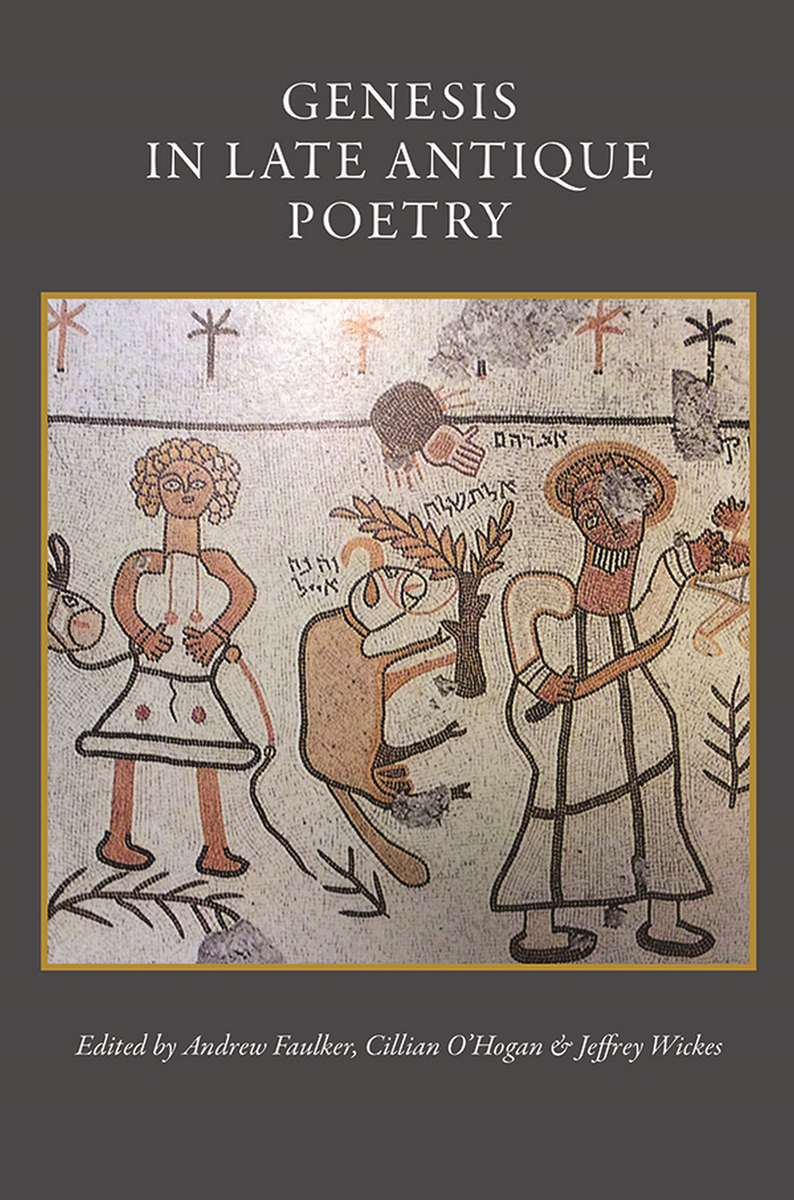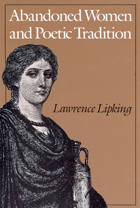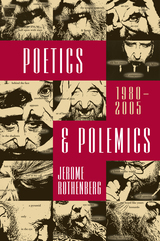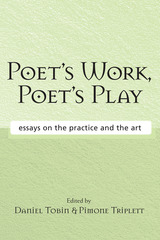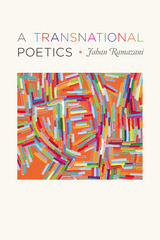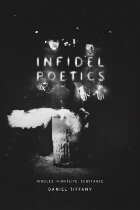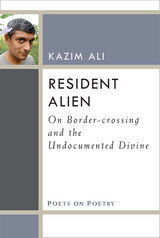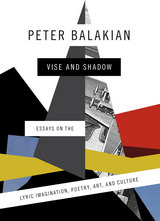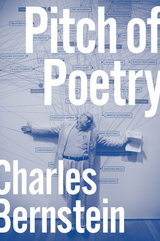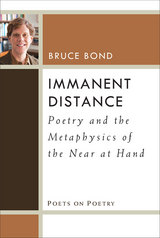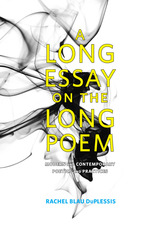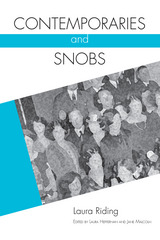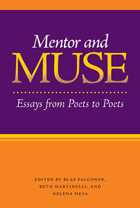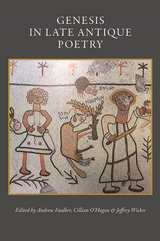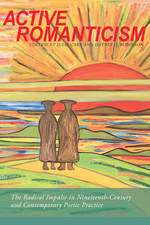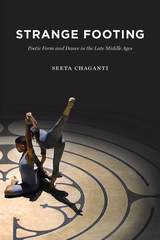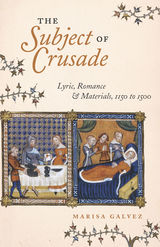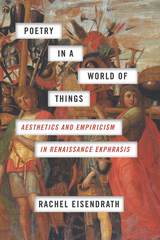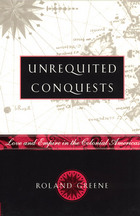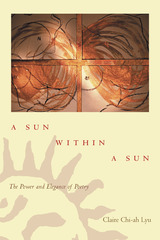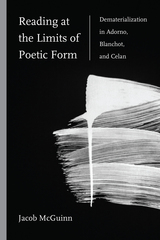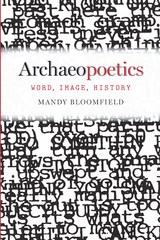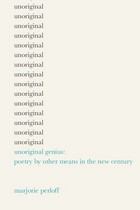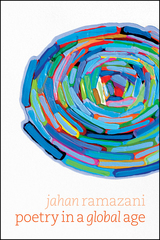Genesis in Late Antique Poetry
Catholic University of America Press, 2022
eISBN: 978-0-8132-3557-8 | Cloth: 978-0-8132-3556-1
Library of Congress Classification PN1141
Dewey Decimal Classification 809.19357
eISBN: 978-0-8132-3557-8 | Cloth: 978-0-8132-3556-1
Library of Congress Classification PN1141
Dewey Decimal Classification 809.19357
ABOUT THIS BOOK | TOC
ABOUT THIS BOOK
The biblical book of Genesis stands nearly without parallel in the shared history of Judaism, Christianity, and Islam. Because of its abiding importance to late antique theology and practical life across religious boundaries, it gave rise to a wide range of literary responses. The essays in this book study an array of Jewish and Christian responses to Genesis as they took shape in specific literary forms—the unique genres of late antique poetry. While late antique and early medieval Jews and Christians did not always agree in their interpretations of Genesis, they participated broadly in a shared culture of poetic production. Some of these poetic genres paralleled one another simply as distinct examples of metered speech, while others emerged in conversation and through mutual influence. Though late antique poems developed in a variety of languages and across religious boundaries, scholarly study of late antique poetry has tended to isolate the phenomenon according to language. As a corrective to this linguistic isolation, this book initiates a comparative conversation around the Jewish and Christian poetry that emerged in late antique Aramaic, Greek, Hebrew, Latin, and Syriac. Tending equally to exegetical content and literary form, the essays in this book sit at the intersection of a variety of scholarly conversations—around the history of biblical exegesis, the formation of late antique and early medieval literature and literary culture, and the comparative study of Judaism and Christianity.
See other books on: Christian poetry | Faulkner, Andrew | Genesis | Jewish poetry | Poetry, Medieval
See other titles from Catholic University of America Press
